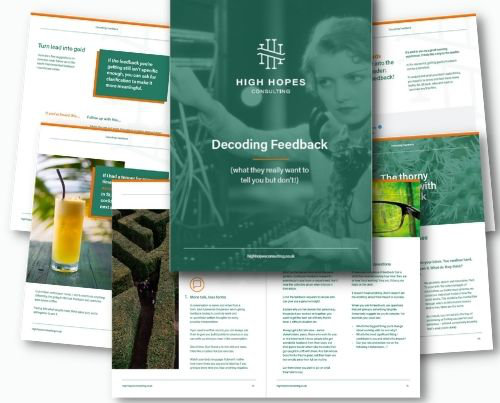Heard at a recent leadership webinar I attended…
“Experience isn’t worth anything –
it’s the reflection on that experience that counts.
If we don’t reflect, we’re choosing not to get wiser”
In amongst some theory about wisdom (perhaps too much theory if you ask me), that statement stood out, and I couldn’t stop thinking about it all afternoon.
So, why is reflection such a big deal?

